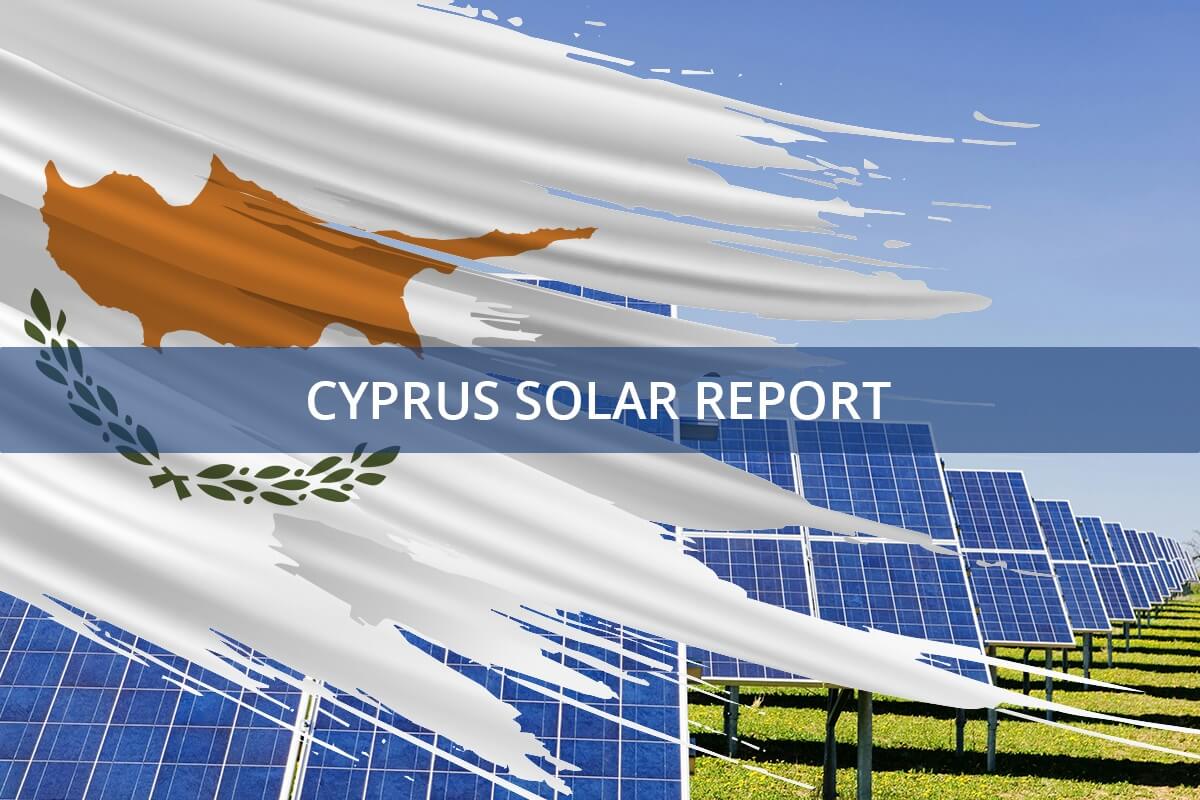The Cyprus parliament has passed legislation that enables owners of solar panels to sell excess energy back to the Electricity Authority of Cyprus (EAC) at a guaranteed minimum price. This move aims to promote renewable energy adoption and reduce reliance on fossil fuels.
Increased Feed-In Tariff Under New Solar Panel Legislation Cyprus
The House of Representatives in Cyprus recently approved legislation that enables owners of solar panels to sell any excess energy they generate back to the Electricity Authority of Cyprus (EAC) at a guaranteed minimum price.
This decision is a major win for renewable energy supporters and solar panel owners — providing them with a reliable source of income and promoting the use of sustainable energy on the island. The new law introduces a feed-in tariff of 10.5 cents per kilowatt-hour (kWh) for the electricity generated by solar panels.
This rate is set to remain in effect until the end of 2025. The feed-in tariff is a policy tool that incentivizes the production of renewable energy by offering guaranteed payments to energy producers for the electricity they generate and feed into the grid.
The feed-in tariff represents a significant increase from the previous rate of 6.5 cents per kWh, which ended in 2021. This higher rate is expected to encourage more individuals and businesses to invest in solar panels, as it provides a more attractive return on investment.
The new tariff will also create a more stable and predictable market for renewable energy in Cyprus, making it an appealing option for those looking to reduce their carbon footprint and support the transition to a greener energy system. For additional insights on the challenges faced by solar power in Cyprus, check out this resource.
Legislative Process Behind Solar Panel Legislation Cyprus
The approval of the new legislation was the result of a collaborative effort among various political parties, including the Democratic Rally (Disy), Akel, Diko, the Democratic Alignment, and the Ecologists. The proposal for the new feed-in tariff originated from the Cyprus Energy Regulatory Authority (Cera).
It was then supported by the government and submitted to the House of Representatives for consideration. The legislation passed with 40 votes in favor and only one against, demonstrating broad support for the measure across the political spectrum.
Akel MP Costas Costa highlighted that the new law will benefit thousands of solar panel owners in Cyprus. He noted that the legislation would provide a guaranteed minimum price for the electricity produced by solar panels, ensuring that owners receive fair compensation for the energy they contribute to the grid.
Costa emphasized that this measure was long overdue, as solar panel owners had been seeking a more favorable feed-in tariff for several years.
Renewable Energy Goals Supported by Solar Panel Legislation Cyprus
The introduction of the new feed-in tariff is part of a broader effort by Cyprus to increase its share of renewable energy in the national energy mix. The island nation has abundant sunshine, making solar power an ideal renewable energy source. For a comprehensive overview of Cyprus’s solar energy landscape, visit this report.
By providing a guaranteed price for the electricity generated by solar panels, the government aims to encourage more individuals and businesses to invest in renewable energy infrastructure. This policy is expected to lead to a significant increase in the number of solar panels installed across the island, thereby contributing to a reduction in greenhouse gas emissions and a decrease in the country’s reliance on fossil fuels.
In addition to the environmental benefits, the new feed-in tariff is also expected to have positive economic effects. By creating a stable market for renewable energy, the policy will attract investments in the solar energy sector, leading to job creation and economic growth.
The legislation is also seen as a step toward achieving Cyprus’s energy goals, which include reducing carbon emissions and increasing the share of renewable energy in the country’s energy mix. The new feed-in tariff will remain in effect until December 31, 2025, providing solar panel owners with a reliable income for the electricity they generate.
This measure is expected to encourage further investments in renewable energy, helping Cyprus move closer to its goal of becoming a more sustainable and environmentally friendly nation. With the new legislation in place, Cyprus is well on its way to achieving its energy targets and promoting a greener future.

